News

The award will support Kostka’s research on the role of marine plant microbiomes in coastal climate resilience in collaboration with Germany’s Max Planck Institute.
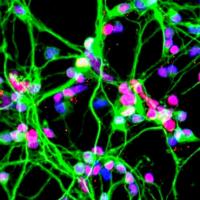
Researchers at Georgia Tech have developed an algorithm that helps AI models develop internal organization just like the human brain — boosting efficiency by 20 percent.
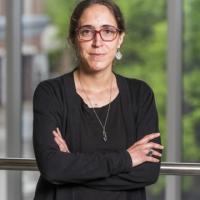
The award honors Professor Kamerlin’s “outstanding promise and resilience,” recognizing her achievements and contributions to the field of molecular bioscience in the face of significant challenges.
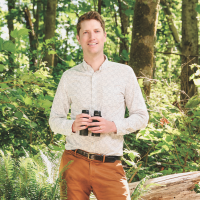
Freeman is one of only 10 Early Career Fellows honored by the Ecological Society of America this year for advancing the knowledge and application of ecological science in a way that strengthens the field and benefits communities and ecosystems.…
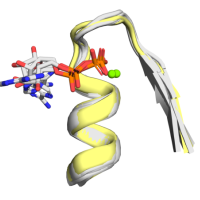
The work suggests that a protein fragment thought to be foundational for all life needed help.

Andrew McShan has been awarded a $1.4M NSF CAREER grant to research lipids, and how they interact with proteins in the body. Lipid-protein interactions play a key role in everything from immune responses to energy storage — and could be the…

Professor Emeritus Richard Nichols of the School of Biological Sciences has been recognized for his significant contributions to the field of motor control and learning.
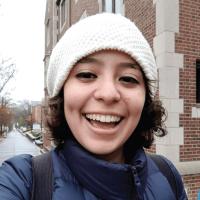
Congratulations to our QBioS award recipients for 2024! Winners were recognized at our Winter Party in December. QBioS Awards are 100% Funded by Donations. …
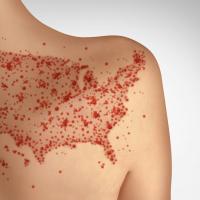
Measles can damage the lungs and immune system, and also inflict permanent brain damage.
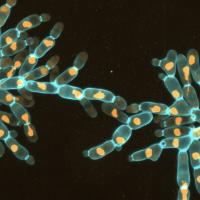
Georgia Tech scientists uncovered how whole-genome duplication emerges and remains stable over thousands of generations of evolution in the lab.
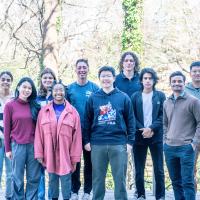
The Quantitative Biosciences Interdisciplinary PhD program at Georgia Tech is proud to introduce our newest graduate students…

A multidisciplinary team has discovered how lateral inhibition helps our brains process visual information, and it could expand our knowledge of sensory perception, leading to applications in neuro-medicine and artificial intelligence.

The Final SCMB Symposium is being held on April 10th – 11th, 2025 on Georgia Tech campus.
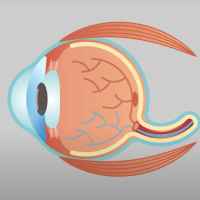
Newly discovered antibodies break down the protein that causes glaucoma.
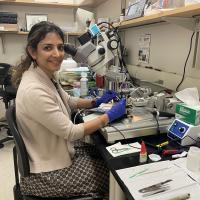
The School of Biological Sciences assistant professor has received several awards that will enable interdisciplinary research on the neural mechanisms of cognition.
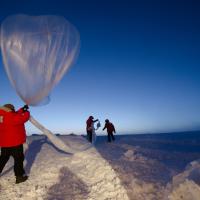
A Georgia Tech-led review paper recently published in Nature Reviews Physics is exploring the ways machine learning is revolutionizing the field of climate physics — and the role human scientists might play.

Five Georgia Tech faculty members have been selected for the 2025 ACC Academic Leaders Network (ACC ALN) Fellows program.
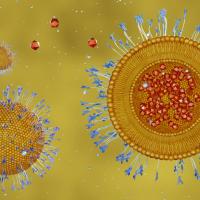
From helping develop immunotherapies to teaching students, a new open-access database called BioDolphin is providing fresh insights on lipid-protein interactions — a critical component of biochemical research.
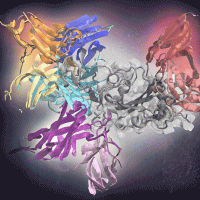
Researchers combine deep learning with advanced sequencing techniques to predict how antibodies interact with antigens.

Professor Joel E. Kostka has been named a Union Fellow by the American Geophysical Union, joining a slate of 53 international researchers selected as 2024 AGU Fellows for “significant contributions to the Earth and space sciences.”
